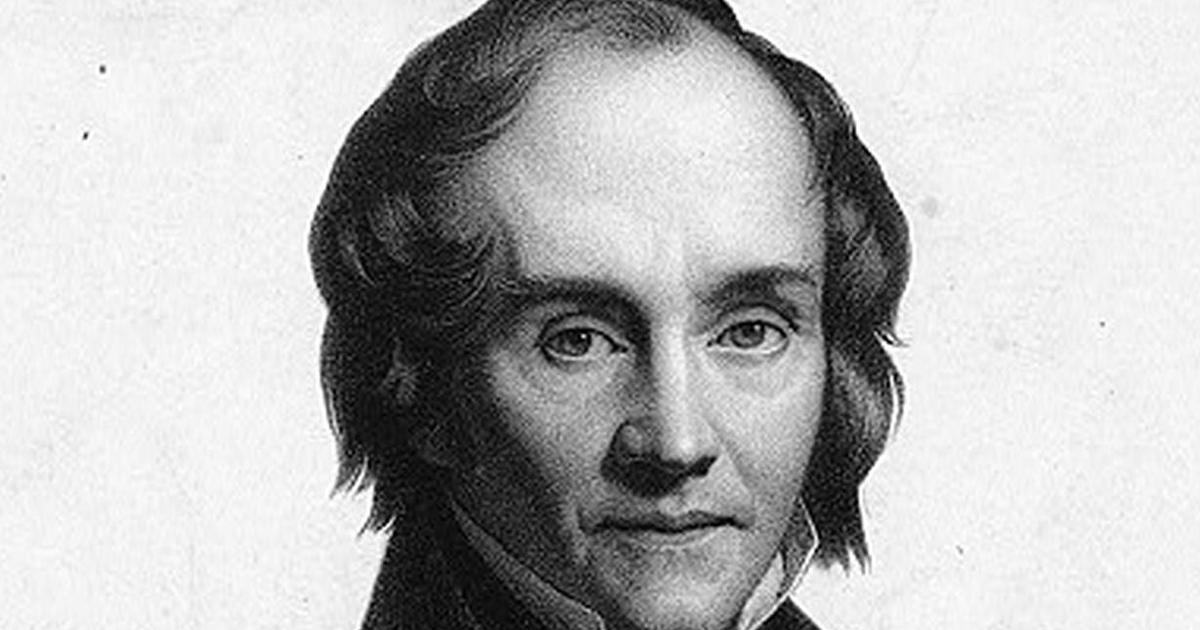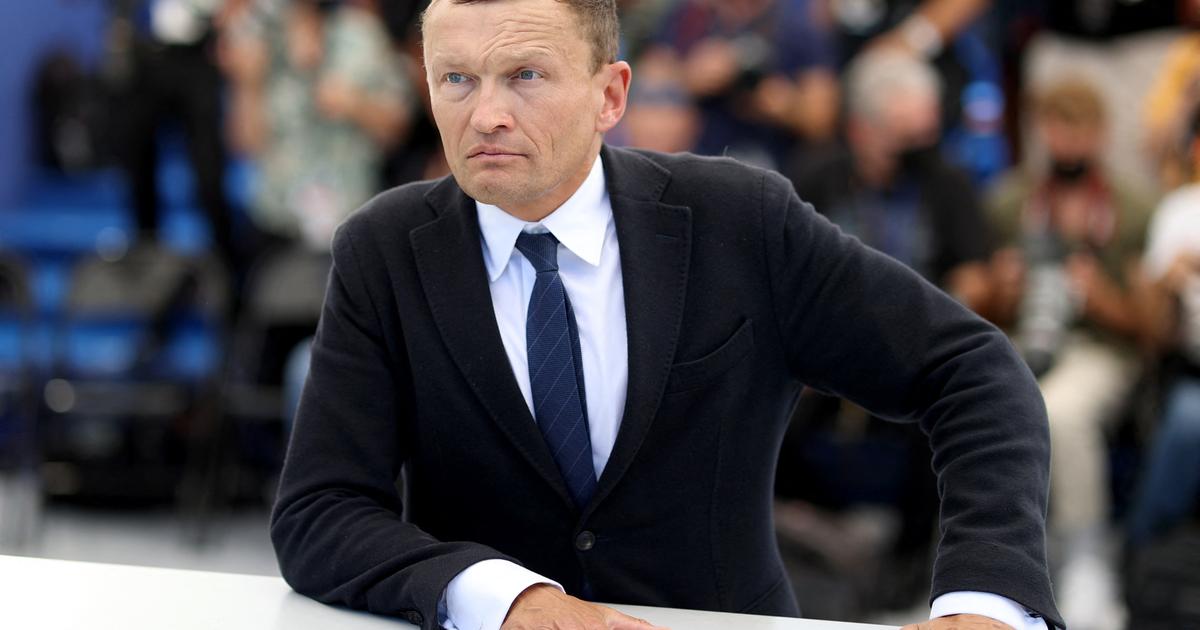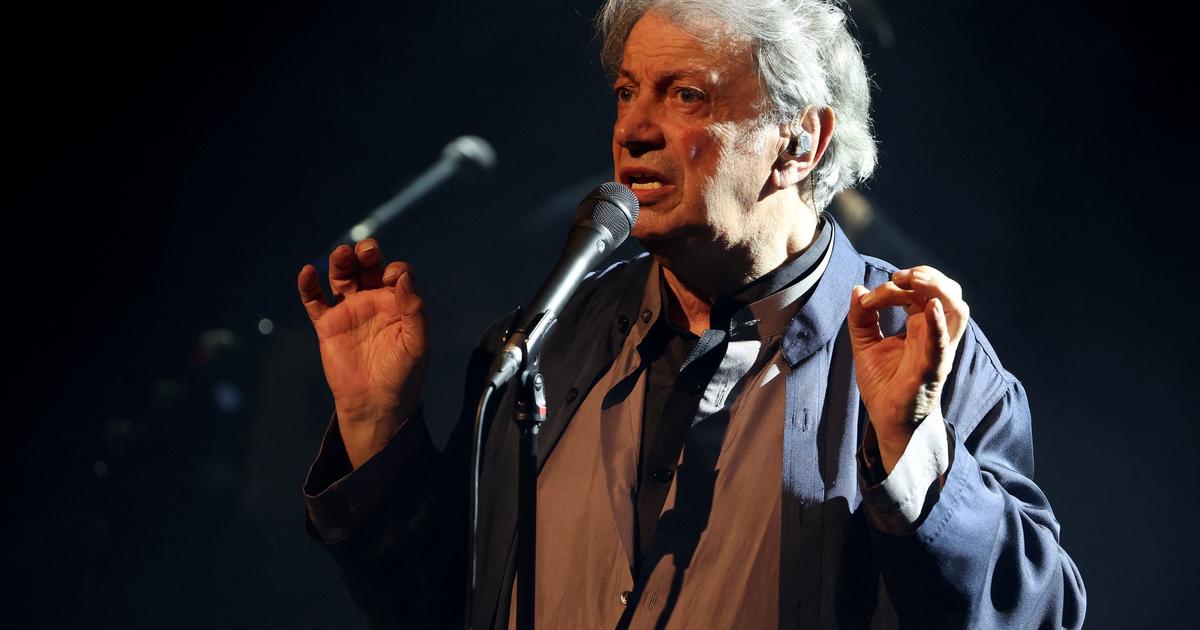Few of his contemporaries dared to scratch his glory.
Few, but not least.
Victor Hugo recognized that he had wit, but no gaiety or lack of sensitivity.
Gustave Flaubert, with his customary power, considered him a man “
who spied on the taste of the day and conformed to it, reconciling all parties and satisfying none, [...] a Louis-Philippe in literature.
»
Something to make the Goncourt brothers smile.
Hugo, Flaubert, Delavigne;
posterity is of a cold justice devoid of all pity;
with equal talent, she cherishes those of the three who had the instinct to kill, and kills the one who had the instinct to cherish.
Because according to Alexandre Dumas, Casimir Delavigne never hates anyone.
No doubt he considered that immortality at this price was too expensive to pay.
Nevertheless Casimir Delavigne (1793-1843) known during his short life a persistent glory, indexed on the quality of his production.
The emperor complimented him, the kings sought his friendship, the elect his company;
the academicians elected him as their peer, the theaters performed his plays and the children learned his poems.
A national hero
The young Balzac quotes him in his first books, considering him a genius.
Delavigne was noticed very young, when he wrote in the middle of the First Empire the
Dithyrambs on the birth of the King of Rome
, friendly poems that Napoleon 1st will appreciate.
The French Academy, in the competitions of which Delavigne is registered, regularly encourages him with honorable mentions and accessits.
Joy to share with his friend, Eugène Scribe.
Read alsoFour days in Austerlitz with Napoleon's Grande Armée
The painful campaigns of the end of the Empire inspired him with the
Messeniennes
, a sort of patriotic poem whose name of the work became the name of a genre:
Waterloo, Les Malheurs de la guerre, Jeanne d'Arc
and
La Mort de Joan of Arc
.
These texts, exalting the courage of French soldiers, but calling for a dignified concord with enemies, made him a national hero in a few months.
The rest of his career is impeccably classic.
A tragedy (
Les Vêpres siciliennes
, 1819) followed by a very pleasant comedy (
Les comedians
, 1820), then a booklet subtly defending democracy (
Paria
, 1820).
And some additional Messenians to support the rise of philhellenism, the independence movement of the Greeks against the Turks.
When the July Revolution took place in Paris in 1830, he composed a hymn on the barricade (
La Parisienne
), and later versified in support of the Polish insurgents (
La Varsoise
).
In 1832, Delavigne recreated a piece titled
Louis XI
which was performed by Talma, which ensured him lasting success in the growing shadow of Hugo.
He died at the age of fifty, with the reputation of a delightful man towards his fellows, hardly tarnished in public opinion by his support for Louis-Philippe.
Read alsoThese forgotten poets: Charles Guérin
Genius remains flaccid and inoperative if it does not have the skeleton of rigor on which to lean its flesh and its nerves.
However, lacking a natural talent on a par with the great poets of his century, Casimir Delavigne rose to their level by working words and phrases with the know-how and application of a craftsman.
Blessed century which lavished such tools on its children: perfectly educated, Delavigne was able, even though he was not Lamartine or Corneille, to fashion pieces of quality which increased the beauty of the French language.
He had friends, supporters, admirers, a family: to succeed in his life perfectly and to be remembered, he only needed enemies.
A poem by Casimir Delavigne: “the Battle of Waterloo”
They are no more, leave their ashes in peace:
By unjust cries these brave outraged
To justify themselves did not want to go down;
But only one day avenged them:
They all died to defend you.
Woe to you if your inhuman eyes
Have no tears for your country!
Without strength against your sorrows,
Against the common evil your soul is hardened;
Tremble, perhaps death extends its hands over you!
What did I say ?
What Frenchman hasn't shed tears
On our expiring defenders?
Ready to see the kings he regretted for twenty years,
What old man has not blushed at the misfortune of our arms?
While weeping for these warriors betrayed by fate,
What old man has not felt awakening in his soul
Some drowsy remnant of this ancient flame
Who kindled him for his country?
What lessons, great god!
What horrible images
The story of a single day presents to the eyes of kings!
Clio, without the pen slipping from her fingers,
Will she be able to trace the pages?
Hide from me these soldiers under the number overwhelmed,
Tamed by fatigue, crushed by lightning,
These palpitating limbs scattered on the powder,
These piled up corpses!
Remove from my eyes this fatal monument
Of the fury of the nations:
O death!
Save what's left!
Varus, give us back our legions!
The terrified couriers,
The scattered leaders and soldiers,
Our eagles and our standards
Stained with bloody mire,
Insulted by leopards,
The wounded dying on the chariots,
All hurry without order, and the uncertain crowd,
Which torments itself in vain efforts, Is agitated
, clashes, drags itself,
And leaves after itself in the plain
Blood, debris and dead.
Amid whirlwinds of flame and smoke,
O pain, what sight does my eyes see?
The sacred battalion, alone before an army,
Stops to die.
It is in vain that, surprised by such a rare virtue,
The victors in their hands retain death.
Proud to conquer it, he runs, he seizes it:
The guard, he had said, dies and does not surrender.
It is said that seeing them lying on the dust,
With a painful respect struck by so many exploits,
The enemy, his eye fixed on their warrior face,
Looked at them without fear for the first time.
(Casimir Delavigne, Les Messeniennes — Book I)








/cloudfront-eu-central-1.images.arcpublishing.com/prisa/GOC4OMOSPRGHBC3AGTSKUSEWDY.jpg)






